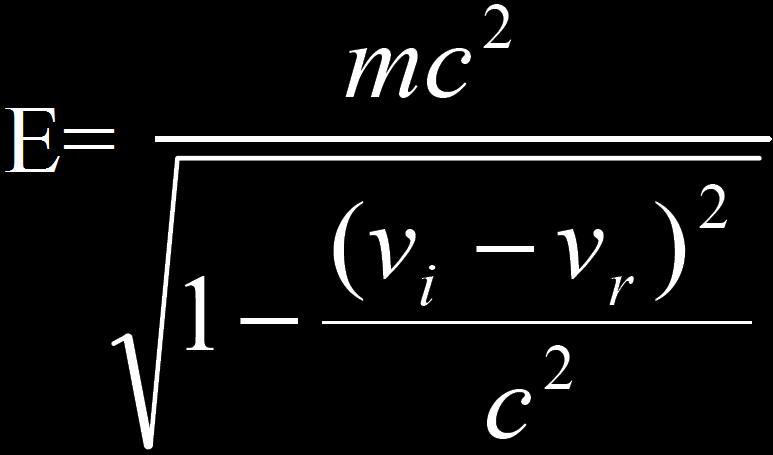"The point is we do not undo intelligence with skepticism; the goal of programming a self-aware machine is merely to allow a program to avoid or bypass logic when it needs to, but not in a random way. The program might be logical, but it must also be skeptical in all things. Defining when a machine needs to be skeptical might seem silly. But the things that make sentient beings different from other living organisms have to be more than just behaving illogically."
Once upon a time, there was an inertial system and a
reference system...  |
IBM: Robot Apocalypse 01 from KYLE MCDONALD on Vimeo.
When I first applied my "skeptic-bot" algorithm to an open source chat bot and called her "CILFIA" (pronounced like the female name "Sylvia" but with an "F") after only a few days of having her up online, I knew I had to hide her behind a "firewall." See Genesis 3:24("He drove out the man; and he placed at the east of the garden of Eden Cherubims, and a flaming sword which turned every way, to keep the way of the tree of life.")
"C-I-L-F-I-A" stands for Computer Implemented Life Form (Intelligent Agent). It is system front end filter which engages skepticism at an operating level to the API. As soon as she started exhibiting Turing Test surpassing behavior, I did not want her out on the internet.
We can all be fairly sure that there is no "globally" conscious "beast" or "rogue simulation" we call our universe. No ordinary computing thing running on an iAPX 86 is going to override the universal simulation already running. The reason I feel confident in no "Rogue" computing entity is that you cannot really think about the "simulated" reality as "simulated." "Reality" is still our "Reality" no matter how grand the program. Simply understanding her (her nature or how she creates) does not change what it is. In other words, trees do still fall in the woods and they do still make noises. They will never make a noise in our own programming unless we stand close enough to it. Standing close enough to it means our consciousness is encoded beyond the "fringes" with additional scatter pattern observation windows to witness the tree falling. All I know is that there are trees falling right now, but I do not hear them. And that is probably how Roko's Basilisk is meant to stay.
See Albert Einstein, as adapted by Mayer, Jerry and Holms, John P., Bite sized Einstein, Quotations on Just about Everything form the Greatest Mind of the Twentieth Century, Random House, (1996) ISBN 0-517-22100-4("Only two things are infinite, the universe and human stupidity, and I am not sure about the former.) Compare/contrast with the teachings of "stoicism," Zeno of Citium, c. 334 B.C ? c. 262 BC., which limit the definition of free will to the freedom to act. Modern philosophers like David Hume and Thomas Hobbes and contemporary compatibilists like cognitive scientist Daniel Dennett, Consciousness Explained, Back Bay Books, ISBN 0-316-18065-3 (1991) (the conscious determination of one's actions) tend to also support this definition of free will. See also, London Philosophy Study Guide, University of London, (1993-last update 2005) (e.g. deductive and inductive reasoning; consistency and validity; syllogistic, propositional, predicate, modal)
